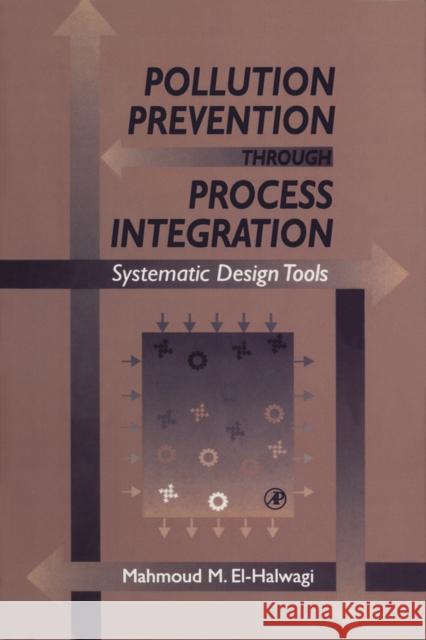Książki: » Technologie » pollution prevention through process integration: systematic design tools

pollution prevention through process integration: systematic design tools
ISBN-13: 9780122368455 / Angielski / Twarda / 1997 / 334 str.
The environmental impact of industrial waste is one of the most serious challenges facing the chemical process industries. From a focus on end-of-pipe treatment in the 1970s, chemical manufacturers have increasinglyimplemented pollution prevention policies in which pollutants are mitigated at the source or separated and recovered and then reused or sold. This book is the first to present systematic techniques for cost-effective pollution prevention, altering what has been an art that depends on experience and subjective opinion into a science rooted in fundamental engineering principles and process integration. Step-by-step procedures are presented that are widely applicable to the chemical, petrochemical, petroleum, pharmaceutical, food, and metals industries. Various levels of sophistication ranging from graphical methods to algebraic procedures and mathematical optimization, numerous applications and case studies, and integrated software for optimizing waste recovery systems make Pollution Prevention through Process Integration: Systematic Design Tools a must read for a wide spectrum of practicing engineers, environmental scientists, plant managers, advanced undergraduate and graduate students, and researchers in the areas of pollution prevention andprocess integration.
- Allows the reader to establish pollution-prevention targets for a process and then develop implementable, cost-effective solutions
- Contains step-by-step procedures that can be applied to environmental problems in a wide variety of process industries
- Integrates pollution prevention with other process objectives
- Author is internationally recognized for pioneering work in developing mass integration science and technology










